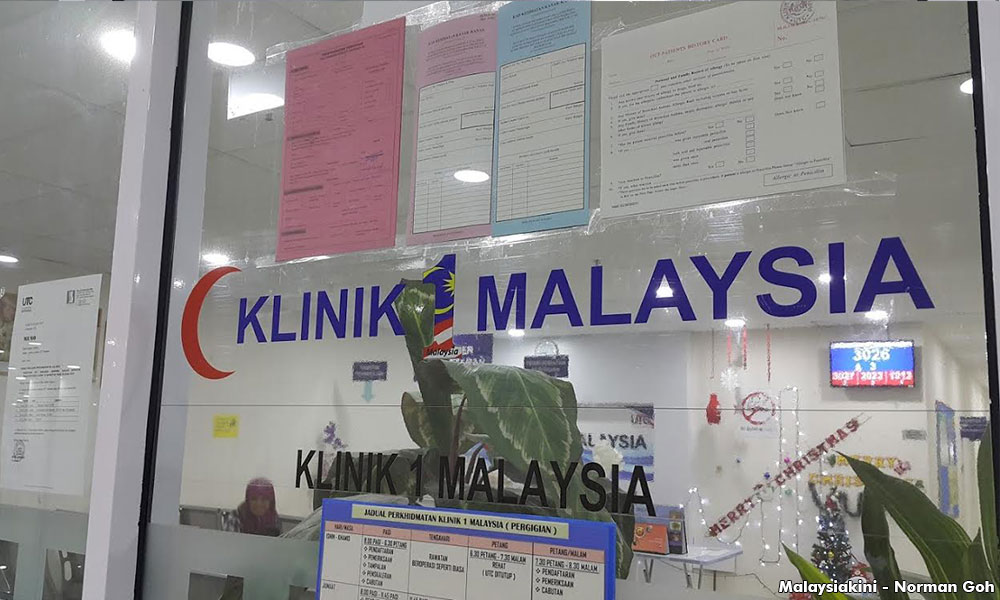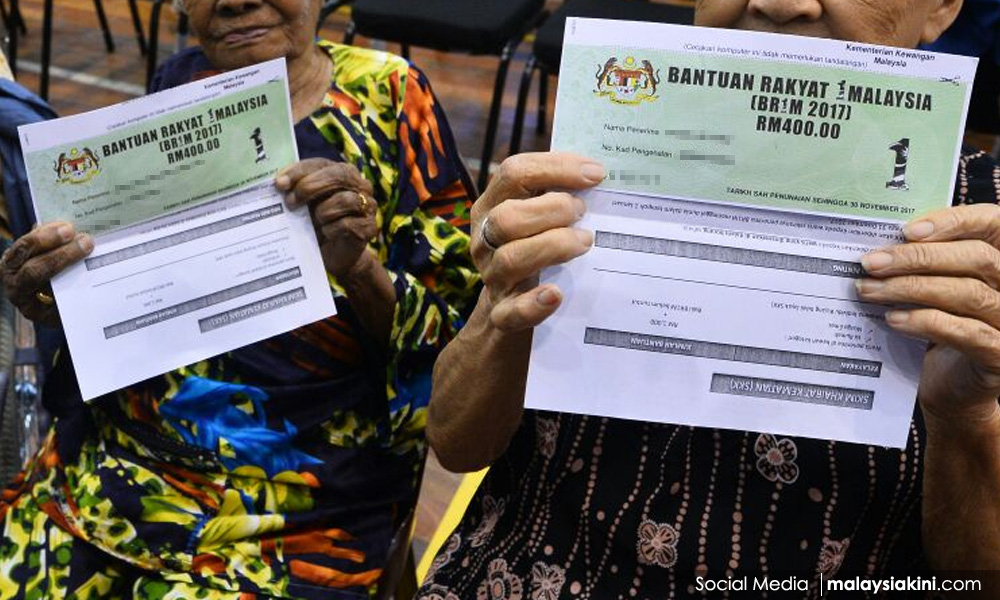Najib Abdul Razak said tonight that even as the people lament over the cost of living, many are unaware that the government continues to provide indirect subsidies to help them, especially in terms of health and education.
The prime minister noted that the people still enjoy a payment of as low as RM1 for medical services while education is free at the kindergarten, primary and secondary levels.
The government, he said, bears 90 per cent of the expenditure for education at public universities.
“This is what one calls indirect subsidies but the people are unaware of it,” Najib stated on the “Bicara 4 Mata” interview programme broadcast by TheRakyat portal, RTM and TV3 in conjunction with his launching of the portal, BN’s official portal for the 14th general election, here tonight.
Najib was interviewed by presenter Aznil Nawawi.
“…. at the UTCs (urban transformation centres), there is the 1Malaysia People’s Clinic, where people fix their teeth. The fee is RM1. At private clinics, they are charged hundreds of ringgit.

“A diabetic was carrying a handful of medicines. I asked the doctor how much the medicines cost. The doctor said the medicines were free as the cost of treatment and seeing the doctor at government clinics is just RM1. The medicines are free. So, see how much of subsidy we give the people,” he said.
This subsidy is not only in the case of health and education, stated Najib, adding that the government also eased the cost of living by giving subsidy so that even the poor can own houses.
“A huge subsidy is given for the purchase of houses under our People’s Housing Programme. The purchase price is RM35,000, but the actual cost is as high as RM140,000, which means the government subsidises more than RM110,000 for every unit.
Najib noted that his administration reduced the bulk subsidy for goods, for example the fuel subsidy, because it was more beneficial for those who had bigger cars than for those who used small motorcycles.
He added that the bulk subsidy was replaced with targeted subsidies, for example BR1M.
"With the BR1M, we are more targeted, more focused on the needy. So, we eliminated the fuel subsidy, it’s almost nil.
"We call it the rationalisation of subsidies, and the revenue is transferred to BR1M. BR1M goes directly to the people who need the aid. So, what’s wrong with that? There’s nothing wrong,” he said, when asked about the perception that BR1M was seen as "candy" and ineffective.
Najib noted that BR1M was still needed and well-accepted by the people.

The proof, he said, was seen when he opened the Urban Transformation Centre in Seremban recently. He said many visitors called at the office of the Inland Revenue Board to check whether their names were listed as the recipients of BR1M.
“If they do not want BR1M, they will not go to the Inland Revenue Board office. We have done a survey and we find that many people like BR1M. Furthermore, if one does not want BR1M, then do not take the BR1M. If one does not like BR1M, then do not take the BR1M.”
Touching on GST, the prime minister explained that the GST collected was used for various programmes to help the people, such as BR1M, aid for fishermen and paddy farmers and for expenditure on health and education.
Illustrating an example, he said, the government spent RM24 billion on health last year.
"Our collection was only RM600 million. So, we met the difference with the GST income,” he said.
Najib claimed the BN government was not prepared to sacrifice the future of the country with merely populist measures.
Expressing optimism for the future of the country, he said the government he led thought not only of the current situation, but also of the future of the people and country.
"Ours is a responsible government, which considers the needs of the people of today and also ensures a better future for them. Insya Allah,” he added.
- Bernama

